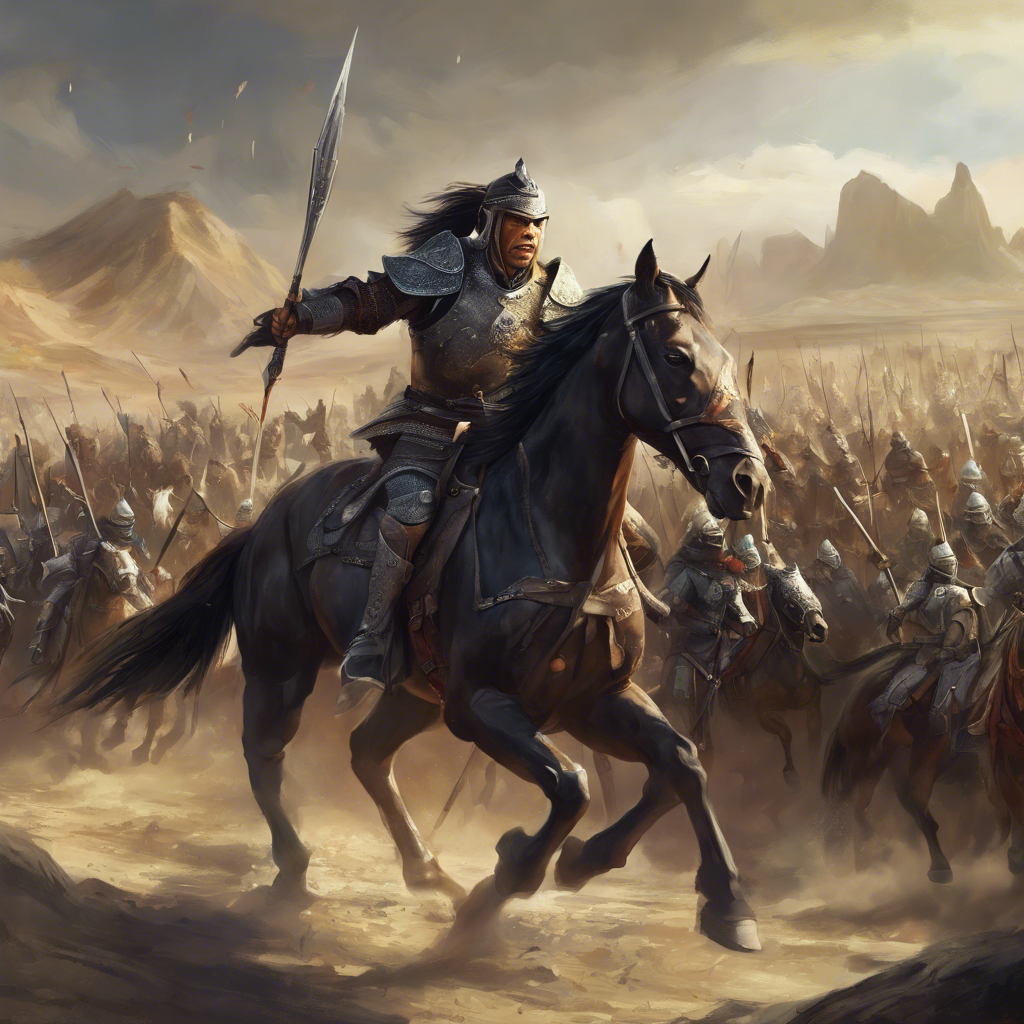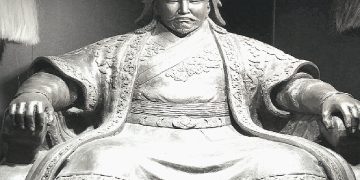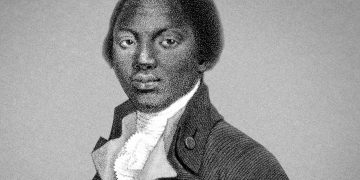The Mongol Empire, founded by Genghis Khan in the early 13th century, is one of the most remarkable and influential empires in world history. Stretching from Eastern Europe to Asia, it was the largest contiguous empire ever established, covering an area of approximately 24 million square kilometers. The Mongols, known for their military prowess and strategic brilliance, left an indelible mark on the regions they conquered, shaping the course of history for centuries to come.
Genghis Khan, born as Temujin, united the Mongol tribes through a combination of military might, political alliances, and innovative tactics. He transformed a nomadic society into a formidable military force, capable of conquering vast territories. Genghis Khan’s military strategies, such as the use of cavalry archers and the integration of conquered peoples into his army, were revolutionary and highly effective.

Under Genghis Khan’s leadership, the Mongols embarked on a series of conquests that would forever alter the geopolitical landscape. They swiftly conquered Central Asia, China, and the Middle East, leaving a trail of destruction in their wake. However, the Mongols were not merely conquerors; they were also skilled administrators who established a vast network of trade routes, known as the Silk Road, connecting East and West. This facilitated the exchange of goods, ideas, and cultures, leading to a period of unprecedented economic growth and cultural exchange.
One of the most remarkable aspects of the Mongol Empire was its tolerance towards different religions and cultures. Unlike many other empires of the time, the Mongols did not impose their own beliefs on the conquered peoples. Instead, they allowed religious freedom and even adopted elements of the local cultures into their own practices. This policy of religious tolerance fostered a sense of unity among the diverse populations under Mongol rule.
The Mongol Empire reached its zenith under Genghis Khan’s successors, Ögedei Khan and Kublai Khan. Ögedei expanded the empire further into Eastern Europe, while Kublai Khan completed the conquest of China and established the Yuan Dynasty. Kublai Khan’s reign marked a period of cultural and economic prosperity, with the Mongols embracing Chinese traditions and adopting Confucianism as the state ideology.
However, the Mongol Empire eventually succumbed to internal conflicts and external pressures. The vastness of the empire, coupled with the challenges of governing such a diverse population, led to administrative difficulties. Additionally, the Mongols faced resistance from various groups, including the Mamluks in Egypt and the Japanese samurai, who successfully repelled Mongol invasions. The empire also faced the devastating effects of the bubonic plague, known as the Black Death, which spread along the trade routes and decimated the population.
Despite its eventual decline, the Mongol Empire left a lasting legacy. The empire’s conquests opened up new trade routes and facilitated the exchange of goods, ideas, and technologies between East and West. The Silk Road became a vital artery of commerce, connecting Europe, Asia, and Africa. This exchange of goods and knowledge had a profound impact on the development of civilizations, leading to advancements in science, technology, and culture.
The Mongols also played a significant role in the spread of knowledge and scholarship. They established libraries and academies, promoting education and intellectual pursuits. The Mongol rulers, particularly Kublai Khan, patronized scholars, artists, and scientists, fostering a climate of innovation and creativity.
Furthermore, the Mongol Empire had a profound impact on the political landscape of the regions it conquered. The empire’s administrative system, known as the Yassa, provided a framework for governance that influenced subsequent empires, such as the Ottoman Empire and the Mughal Empire. The Mongols’ emphasis on meritocracy and the integration of conquered peoples into the ruling elite set a precedent for future rulers.
The Mongol Empire’s military tactics and strategies also left a lasting impression. The Mongols’ use of cavalry archers and their ability to adapt to different terrains and climates made them a formidable force. Their military innovations, such as the use of siege warfare and the incorporation of conquered soldiers into their armies, influenced subsequent military strategies.
In conclusion, the Mongol Empire, under the leadership of Genghis Khan and his successors, was a force to be reckoned with. Its conquests reshaped the political, economic, and cultural landscape of Eurasia. The empire’s legacy can be seen in the exchange of goods and ideas along the Silk Road, the spread of knowledge and scholarship, and the influence on subsequent empires. The Mongol Empire stands as a testament to the power of military might, strategic brilliance, and the ability to adapt and integrate diverse cultures.












